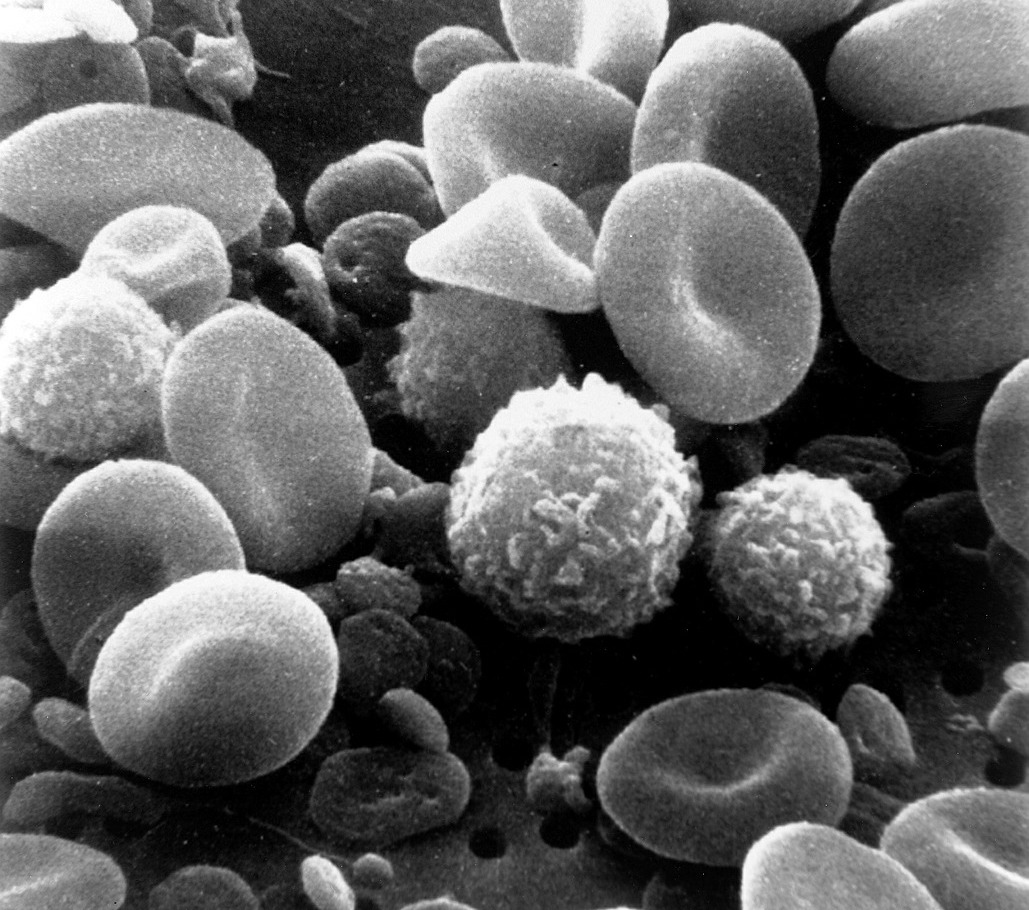CGS-authored

A wave of controversy about reproductive gene editing gathered force in response to reports in 2015 of the first CRISPR experiments on human embryos. That news provoked two kinds of reactions: on the one hand, hyperbolic claims about "editing humanity" and the new ability to "engineer the human race"; on the other, deep concern, calls for moratoria (if not outright prohibition), and reaffirmations of national and international prohibitions of germline modification.
The tone has shifted considerably since then. While grandiose ambitions for reproductive germline editing can still be heard, some proponents seem to be playing them down, perhaps in an effort to calm public concern.
Yet media coverage of recent embryo editing studies has been largely celebratory. Very few scientists have been openly critical, and calls to "reconsider" some of the longstanding global consensus documents prohibiting germline editing are gaining steam.
One notable aspect of the current debate on reproductive germline editing is the widespread recognition that decisions about it can't be made by the small professional bodes and expert committees that have dominated the conversation up to this point...



